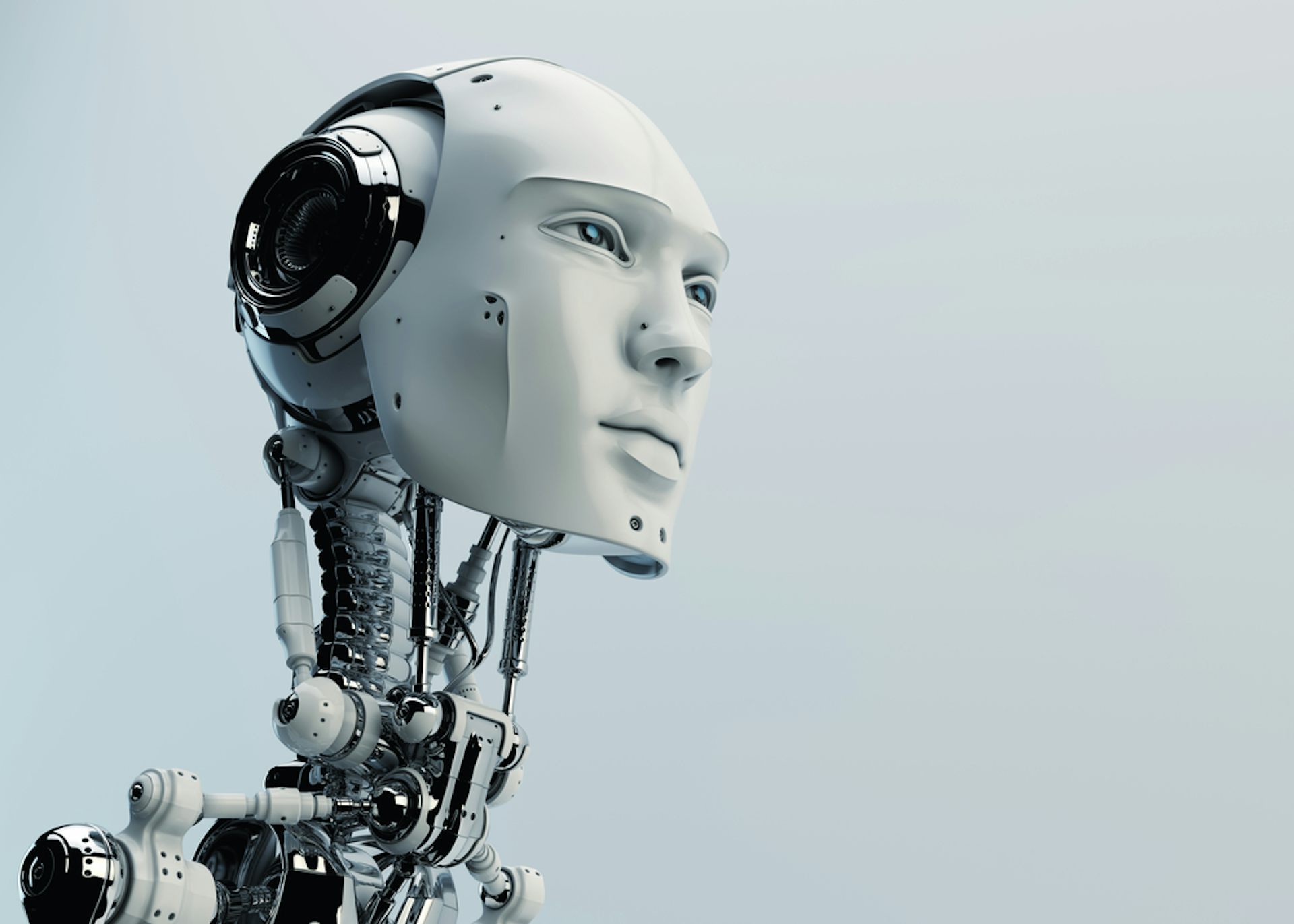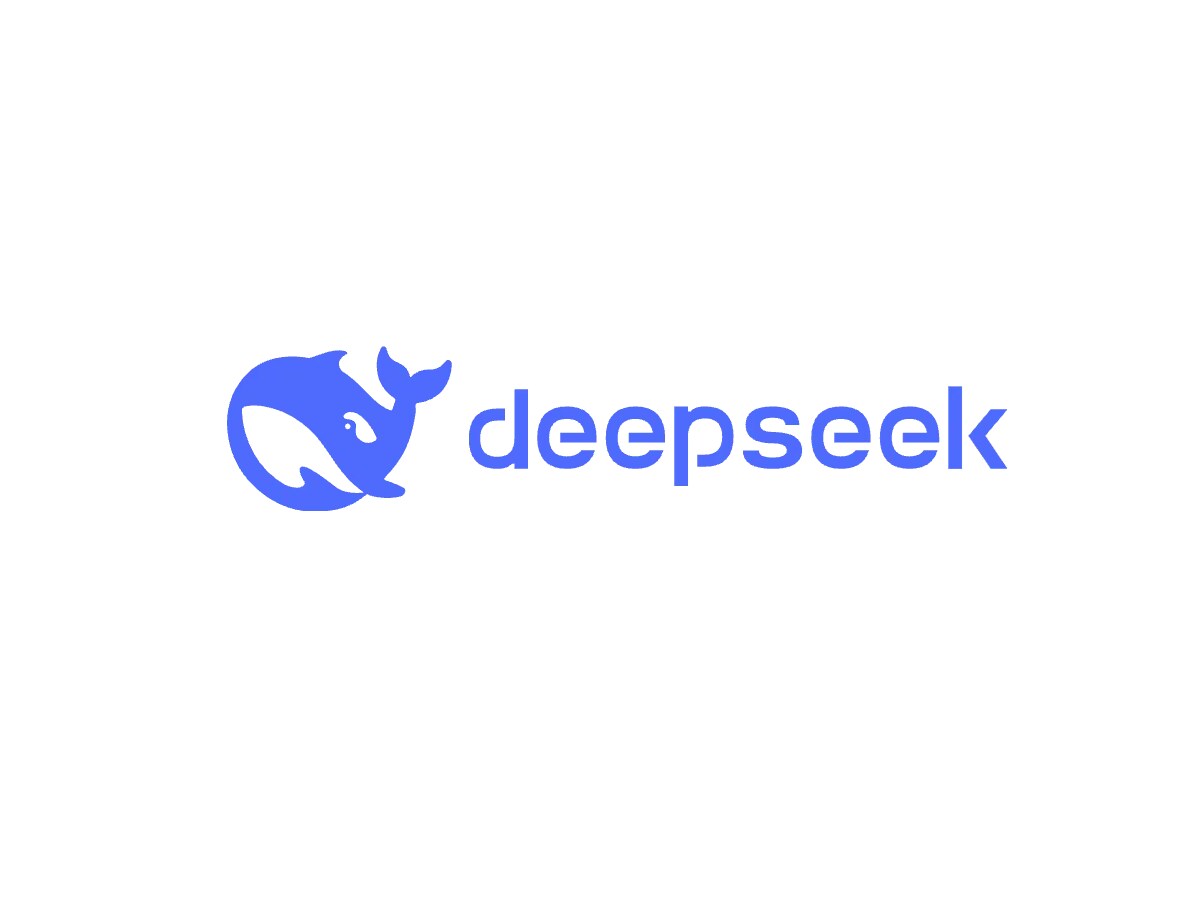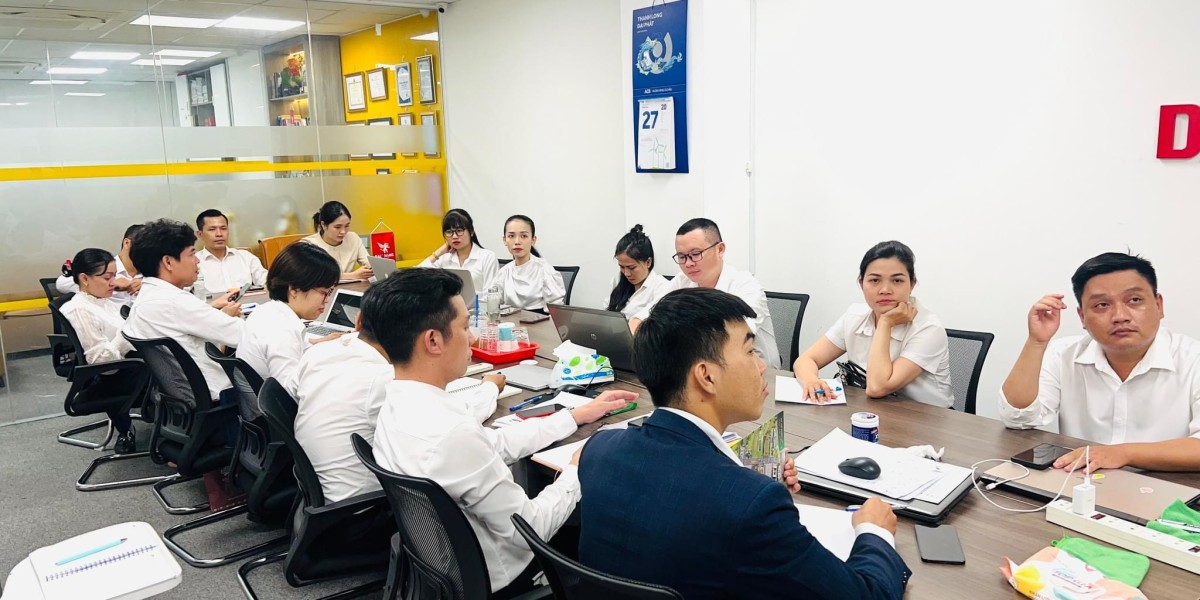
Richard Whittle gets funding from the ESRC, Research England and was the recipient of a CAPE Fellowship.
Stuart Mills does not work for, consult, own shares in or receive financing from any company or organisation that would take advantage of this short article, and has disclosed no appropriate affiliations beyond their academic visit.

Partners
University of Salford and University of Leeds offer financing as establishing partners of The Conversation UK.
View all partners
Before January 27 2025, it's reasonable to state that Chinese tech company DeepSeek was flying under the radar. And after that it came drastically into view.
Suddenly, everyone was talking about it - not least the investors and executives at US tech firms like Nvidia, Microsoft and Google, which all saw their business values topple thanks to the success of this AI start-up research study lab.
Founded by an effective Chinese hedge fund supervisor, the lab has actually taken a different approach to expert system. Among the significant differences is expense.
The development costs for Open AI's ChatGPT-4 were said to be in excess of US$ 100 million (₤ 81 million). DeepSeek's R1 design - which is utilized to create content, fix logic issues and develop computer system code - was supposedly made utilizing much less, less powerful computer system chips than the similarity GPT-4, leading to costs claimed (but unverified) to be as low as US$ 6 million.
.webp)
This has both financial and geopolitical results. China undergoes US sanctions on importing the most sophisticated computer chips. But the fact that a Chinese startup has been able to construct such an innovative model raises questions about the efficiency of these sanctions, and whether Chinese innovators can work around them.
The timing of DeepSeek's brand-new release on January 20, as Donald Trump was being sworn in as president, signified an obstacle to US supremacy in AI. Trump reacted by explaining the minute as a "wake-up call".
From a financial perspective, the most visible result might be on customers. Unlike rivals such as OpenAI, which just recently started charging US$ 200 each month for access to their premium designs, DeepSeek's comparable tools are currently free. They are likewise "open source", permitting anyone to poke around in the code and reconfigure things as they want.
Low expenses of advancement and effective usage of hardware seem to have actually managed DeepSeek this expense advantage, and have actually currently required some Chinese rivals to lower their prices. Consumers need to anticipate lower costs from other AI services too.
Artificial financial investment
Longer term - which, in the AI industry, can still be extremely quickly - the success of DeepSeek might have a huge influence on AI financial investment.
This is since so far, almost all of the big AI business - OpenAI, Meta, Google - have actually been having a hard time to commercialise their designs and pay.
Until now, this was not necessarily a problem. Companies like Twitter and Uber went years without making profits, prioritising a commanding market share (great deals of users) rather.
And companies like OpenAI have actually been doing the very same. In exchange for continuous investment from hedge funds and other organisations, they promise to construct much more effective designs.
)
These designs, the company pitch probably goes, will enormously boost productivity and then profitability for services, which will wind up delighted to pay for AI products. In the mean time, all the tech business require to do is gather more information, buy more powerful chips (and more of them), and develop their models for utahsyardsale.com longer.
But this costs a lot of money.
Nvidia's Blackwell chip - the world's most powerful AI chip to date - costs around US$ 40,000 per unit, and AI business often require tens of countless them. But already, AI companies haven't actually struggled to attract the required financial investment, even if the amounts are huge.
DeepSeek might alter all this.

By demonstrating that developments with existing (and perhaps less innovative) hardware can attain similar performance, it has offered a warning that throwing cash at AI is not ensured to pay off.
For example, prior to January 20, it may have been assumed that the most innovative AI designs need massive information centres and other facilities. This meant the similarity Google, Microsoft and OpenAI would face restricted competitors because of the high barriers (the huge expense) to enter this industry.
Money concerns
But if those barriers to entry are much lower than everyone thinks - as DeepSeek's success recommends - then many huge AI investments unexpectedly look a lot riskier. Hence the abrupt effect on huge tech share costs.
Shares in chipmaker Nvidia fell by around 17% and ASML, which creates the machines needed to produce advanced chips, likewise saw its share price fall. (While there has been a small bounceback in Nvidia's stock cost, it appears to have actually settled below its previous highs, reflecting a new market reality.)
Nvidia and ASML are "pick-and-shovel" business that make the tools necessary to produce an item, instead of the item itself. (The term originates from the idea that in a goldrush, the only person guaranteed to generate income is the one selling the picks and shovels.)
The "shovels" they offer are chips and chip-making equipment. The fall in their share prices originated from the sense that if DeepSeek's more affordable method works, the billions of dollars of future sales that investors have priced into these companies might not materialise.
For the similarity Microsoft, Google and Meta (OpenAI is not publicly traded), the cost of structure advanced AI might now have actually fallen, implying these companies will have to spend less to stay competitive. That, for them, could be an advantage.

But there is now question as to whether these business can successfully monetise their AI programs.
US stocks make up a historically big portion of global financial investment right now, and innovation business make up a traditionally large percentage of the value of the US stock exchange. Losses in this market might require investors to sell other financial investments to cover their losses in tech, leading to a whole-market slump.
And it should not have come as a surprise. In 2023, a dripped Google memo cautioned that the AI market was exposed to outsider disruption. The memo argued that AI business "had no moat" - no protection - against rival designs. DeepSeek's success might be the proof that this is true.







